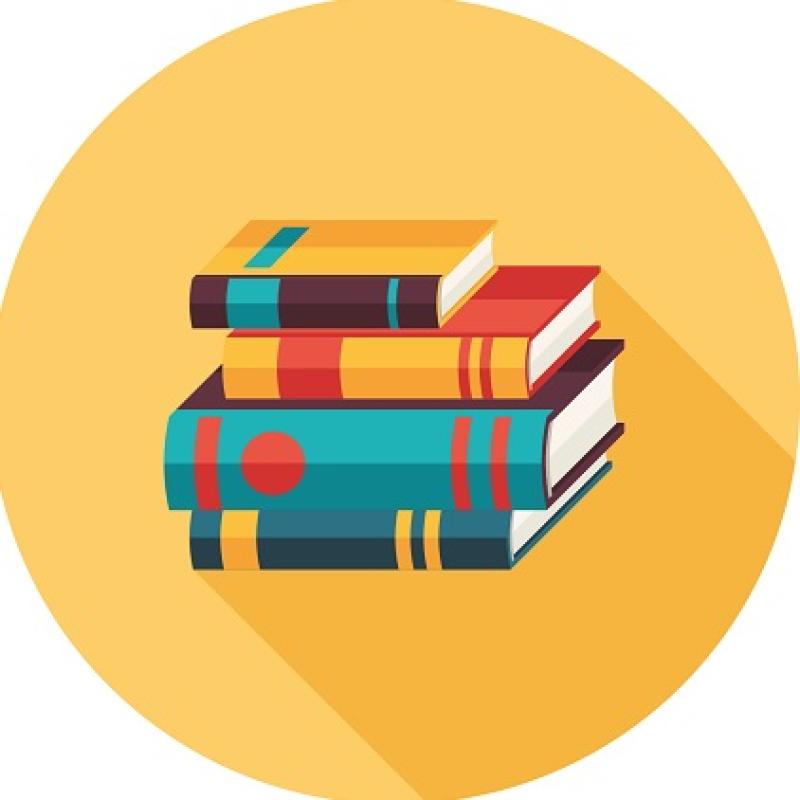To read or to listen, that is the question...
I've been an ardent reader for fifty sixty years. (Good lord!  )
)
Then, some fifteen years ago, I discovered audiobooks. And their prices! Ow-w-w-w ! ! !
Despite the cost, I liked the idea of audiobooks because I spent many hours on the road for my job; listening to books was an excellent pass-time. But their prices....
Audible made it a bit better, but still expensive compared to e-books or paperbacks.
So I fired up the Internet machine and found a solution. First, I ran the e-book through a format-converter, to produce a rich-text file (.rtf). Then I used a text-to-speech application called TextAloud, to produce a bunch of mp3 files that my car's radio could play -- it was a pretty modern radio for that long-ago epoch.
Fast-forward fifteen years... and I can now listen to an e-book directly in the e-reader app on my phone. I can begin reading a book, and then continue, listening to it. According to my circumstances, I can either read or listen, without ever leaving the e-reader app. I can even move to a different device, and pick up at the same point, reading or listening. (I use an app called FBreader, but I think there are others with the same talents.)
This is "mechanical speech". Since I like SF and fantasy, with a lot of "invented" words, the app will umm... do its best. Screw up, basically, since the invented words are not in the app's database. And then there are homographs (words with the same spelling but different pronunciations), like "bow". If a gentleman does it before a lady, it is not pronounced the same as if he uses it in an archery contest... The program seems to always get it wrong!
And the speech is still pretty flat, even after fifteen years. The text-to-speech application tries to modulate its voice a bit, and succeeds most of the time. Then, occasionally, it lilts when it should crash...
I have also continued with Audible. The quality of the readers runs from zero to ten. I ripped through L. A. Meyer's dozen-volume Bloody Jack series almost without a halt, largely thanks to the magnificent performance of "reader" Katherine Kellgren, who even sang the (first-person) title role with style!
On the other hand, I abandoned author William R. Forstchen's Union Forever after a couple hours because Patrick Lawlor's reading was unbearably overwrought.
I'm not sure whether mechanical or human reading is better. For sure, the human reader doesn't make the jaw-dropper -- distracting -- mistakes that the app sometimes makes... but the app is in a way closer to the printed page.
A quote on a printed page has no accent. If you, the reader, know that the character who is speaking is a Scot, you may supply an accent... or not... as you wish. You, the reader, fill in the blanks... or you do not. The text-to-speech program is the same -- it leaves such matters to the listener. When I know the character is a Scot, I "hear" an accent, regardless of how the program actually speaks.
An Audible reader does not leave the listener any latitude. A character's voice and accent are at the reader's discretion, not the listener's. Conversely... an Audible book does not require the same degree of attentive listening that a flat text-to-speech program requires. When I'm feeling lazy, that's a good thing!
Here's a TextAloud sample . (It doesn't work for me, but Perrie says it works for her...)
And you? Reader or listener?



